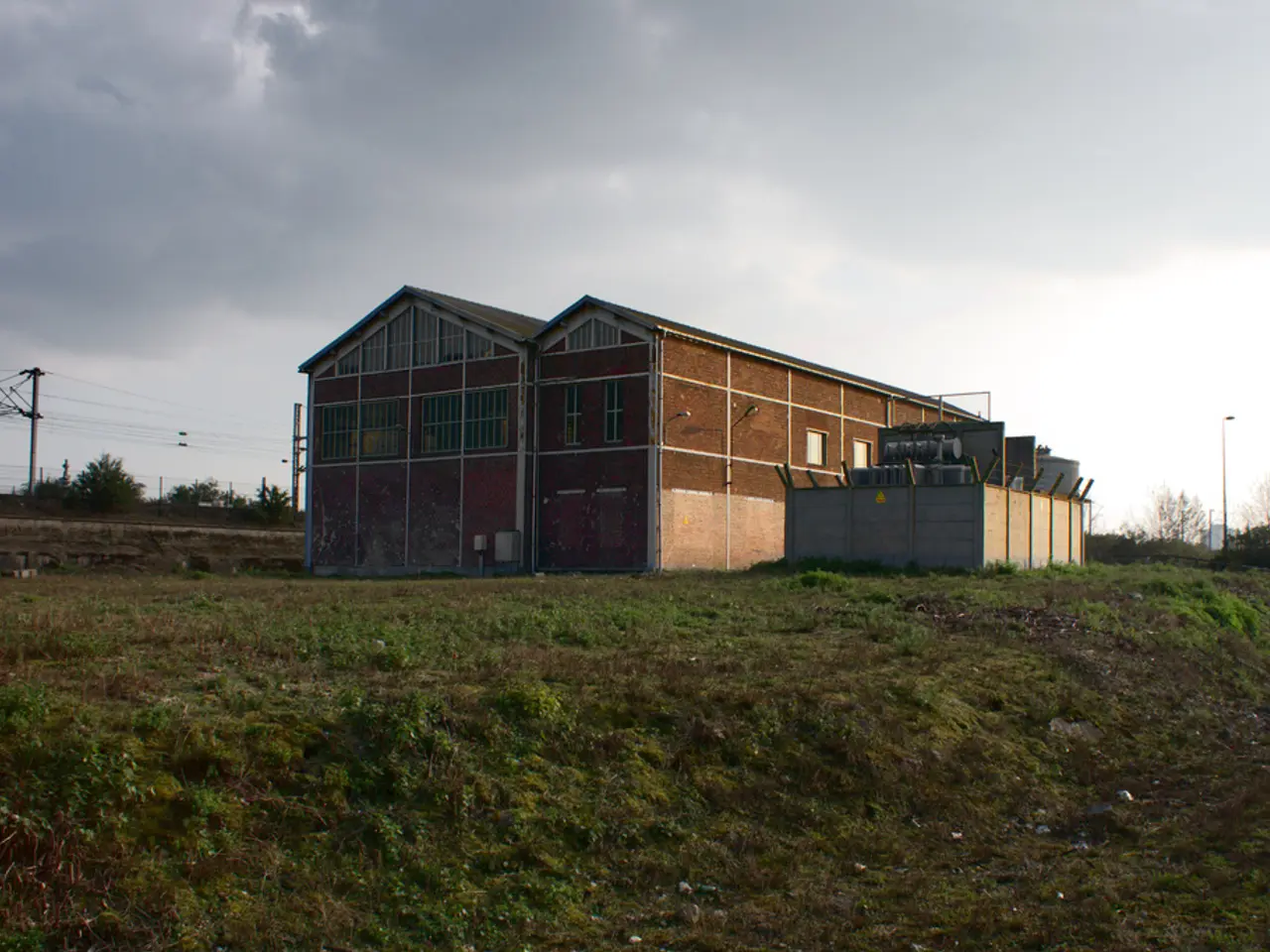US Solar Industry Braces for Tariffs as Jobs and Emissions at Risk
The US solar industry is bracing for potential tariffs on imported solar cells and panels, a move that could impact jobs and emissions reduction efforts. The International Trade Commission (ITC) has found that imports are causing harm to domestic manufacturers, leading to calls for protectionist measures. President Trump's administration is currently considering the recommendations, with a decision expected by mid-November.
Suniva, a bankrupt manufacturer, has petitioned the Trump administration to impose duties on imported crystalline silicon photovoltaic cells and panels. The company seeks a 40-cent-per-watt duty on cells and a minimum 78-cent-per-watt price for panels. This move could significantly increase the cost of solar power, making it less competitive against other energy sources and potentially harming the overall US solar industry. The US solar industry has been booming, employing more people than the coal industry and helping to cut American emissions. However, the proposed tariffs could put 88,000 solar jobs at risk and slow progress towards reducing greenhouse gas emissions.
The ITC has found that imported cells and panels are a substantial cause of serious injury or threat of serious injury to domestic manufacturers. The agency is expected to give its recommendations to the White House by Nov. 13, after which President Trump will likely respond within 60 days. The US has already imposed duties on solar panels and their components imported from China and Taiwan, averaging 29.5 percent last year. However, a petition calling for further tariffs misses the bigger picture, as cell and panel manufacturing composes a small part of a much larger industry that benefits from the global manufacturing base.
The US solar industry's growth has been instrumental in reducing energy-related greenhouse gas emissions in many states. However, the potential imposition of tariffs on imported solar cells and panels could slow this progress and put tens of thousands of jobs at risk. The Trump administration is expected to make a decision on the matter in the coming weeks, with the solar industry and environmental advocates eagerly awaiting the outcome.
Read also:
- Dual-function mattress offers both cooling and coziness at an affordable price.
- Ontario falls short by a small margin in delivering the goal of four hours daily care for long-term care residents.
- "Thrilled response" from animal rights organization following cessation of canine testing at London, Ontario healthcare facility
- Altruistic zeal and a drive to instigate beneficial transformation







